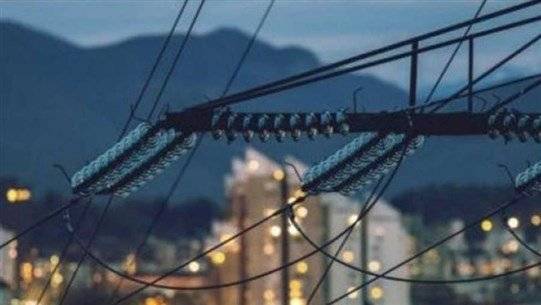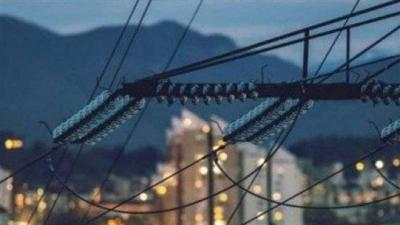During an informal government meeting held by caretaker Prime Minister Najib Mikati, the issue of raising electricity tariffs was seriously discussed among the participants. Many ministers rejected altering the tariff unless electricity supply hours were increased, which is a prerequisite before lifting subsidies on electricity bills. This comes after the Board of Directors of Electricité du Liban decided to correct the tariff and directed it to the Minister of Energy, who is supposed to have referred it to the General Secretariat of the Council of Ministers.
In reality, since 1994, the tariff for Electricité du Liban has been fixed at brackets starting from LBP 138 per kilowatt-hour, at a time when the price of a barrel of oil was around twenty dollars. Since then, global oil prices have risen in phases to levels exceeding one hundred dollars per barrel, almost five times the price of a barrel in 1994, without any adjustment to this tariff despite the rising costs of the fuels used in power plants. With the financial collapse and the devaluation of the lira, the value of the tariff in dollar terms has fallen below one cent or 1.5 cents at best, down from over nine cents previously.
Moreover, the Lebanese have become prisoners of the commercial generator mafia that controls their daily lives, where the cost of one kilowatt can sometimes reach sixty cents. At the same time, some refuse to pay the bills of Electricité du Liban or prefer to steal and bypass the public network without incurring any costs.
Because a large percentage of consumers belong to low-income categories, the decision by the Board of Directors of Electricité du Liban set the initial price for the first hundred kilowatts at 10 cents (according to Sayrafa's rate, which is about LBP 2700). This price applies to all subscribers, exceeding one million in number, while the tariff for the second bracket, after surpassing the hundred kilowatts, will be 27 cents per kilowatt. Thus, the institution may be able to pay for the fuel it will purchase to operate production plants through a balance between the two tariffs, noting that production costs currently range between 10 and 25 cents per kilowatt depending on the quality of the plant.
However, the implementation of this decision faces several obstacles:
Firstly, how will fuel be secured if Electricité du Liban is bankrupt (even though its Board of Directors has confronted the Ministry of Finance over the institution's dues from public and official departments amounting to about LBP 1800 billion), especially given the refusal of some entities to alter the tariff if electricity supply hours are not increased, which currently stand at two hours provided by Iraqi fuel.
Secondly, how will the institution manage to collect bills amid technical and non-technical waste (about 38% of production is wasted) and the refusal to settle bills (which was around 5% before the crisis and the Covid-19 lockdown measures), which is expected to worsen if the tariff is raised as many will refuse to pay the bills.
One board member indicates that these two issues were discussed during the aforementioned meeting, where it seems Minister of Energy Walid Fayyad promised to engage in a series of communications with his counterparts in countries that might agree to supply the institution with fuel on credit for three to six months, so the institution can collect bills and secure the necessary funds for fuel. However, the matter remains a focus of ongoing communications.
Regarding technical and non-technical losses, it was pointed out that the Board of Directors requested that the decision be subject to a political agreement that provides cover and support from security and judiciary bodies to prevent the institution from facing another shortfall due to violations and bill payment refusals, which is anticipated. The Board also decided to issue three-month bills to settle all its overdue dues from the last two years during which collections were delayed, knowing that the overdue amounts are around LBP 2500 billion, excluding those owed by public departments.
Indeed, informed sources reported that the Minister of Energy sent a letter to the General Secretariat of the Council of Ministers yesterday, containing the decision of the Board of Directors of Electricité du Liban, requesting the necessary measures to raise the tariff after notifying the Ministry of Finance, with the aim of issuing the decision by exceptional approval. It is noted that according to the internal regulations of the institution, the Board of Directors has the authority to decide on the tariff increase, which is then ratified by the Minister of Energy and approved by the Minister of Finance. The Cabinet had previously given its approval in 2017 to raise the tariff.




